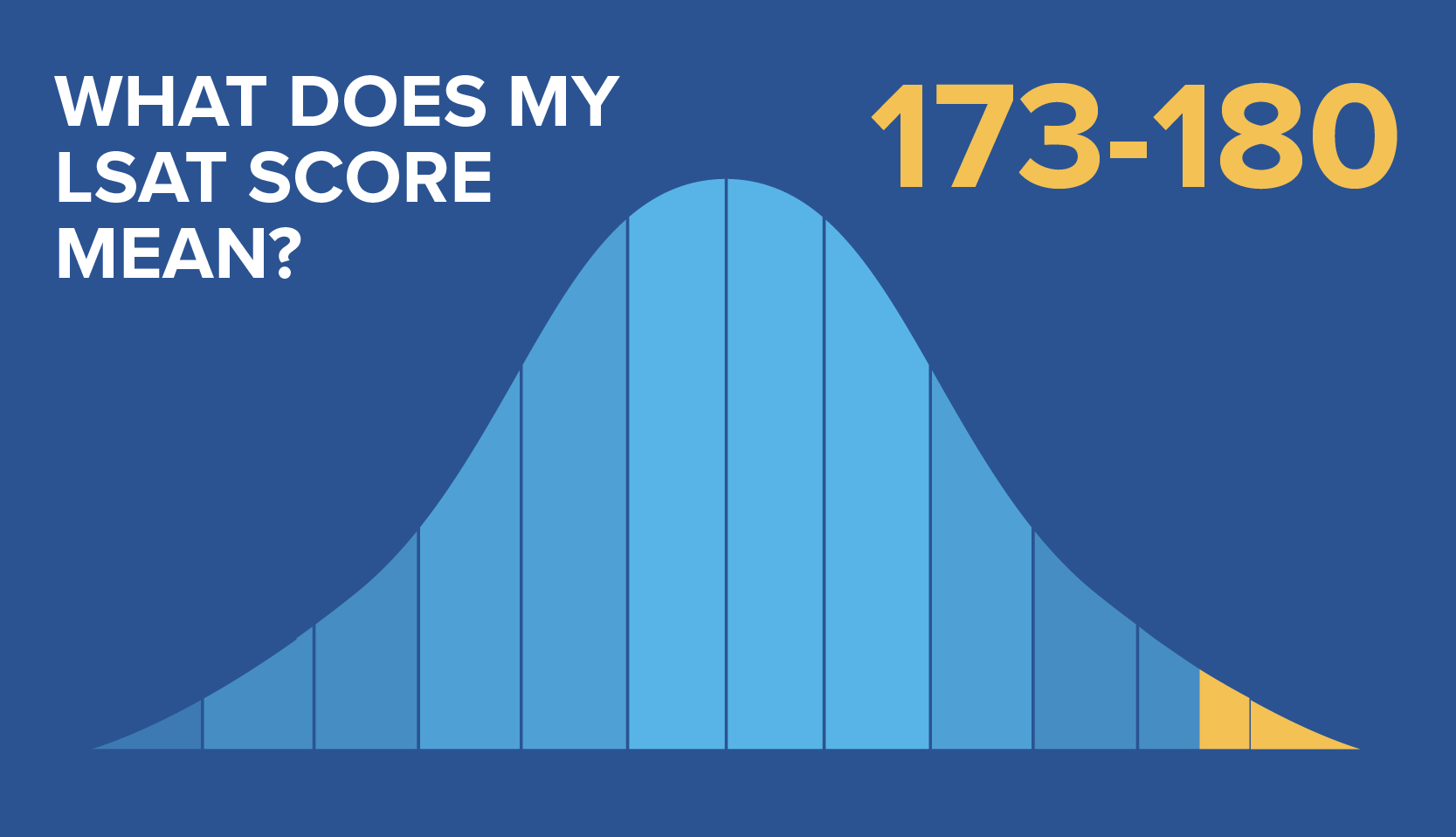
I’m currently spending my days in Galway, Ireland – a quaint town where the sheepdogs run free by day, and by night drunks find themselves toppling over bridges and into the cold, rushing waters of the Eglinton Canal. Galway is also expensive, and the awful currency exchange now has me measuring all of my purchases in terms of pints of Guinness rather than Euros.
I came to Galway to pursue an LLM in international human rights law at the Irish Centre for Human Rights at the National University of Ireland, Galway. Now that I’m a semester into the program, I’m trying to figure out whether or not a JD is the right next step for me.
There are several important differences between an LLM and a JD. For one, the JD is a professional degree and is necessary for practicing law in the United States. An LLM (Masters of Law) is a research degree, and it alone cannot transform you into the lawyer you always hoped to be.
Usually people with a JD or another legal degree pursue an LLM to gain heightened specialization in a specific field of law. Whether it’s tax law, environmental law, human rights law, or intellectual property that strikes your fancy, you can find a program somewhere that is right for you. An LLM is also often a requirement for those pursuing a SJD or another PhD-level law degree.
So why in the world did I decide to get an LLM before getting a JD?
Aside from heaven-sent funds (a.k.a. stipends from the US-Ireland Alliance), I was deeply interested in finding a way to take my prior experiences as a human rights advocate to the academic level. The program offers five different LLMs, and I have to take five to six courses over two semesters. The classes have been fascinating, as has been the opportunity to learn from renowned professors like William Schabas and Noam Lubell. The Centre also does an impressive job of putting its students in touch with big names in the field, including Justice Albie Sachs and Shirin Ebadi, who visited last semester.
A second draw to pursuing an LLM at the Irish Centre for Human Rights is that a prior legal degree isn’t necessary for admittance, as is the case in the US. Consequently, I’m taking classes with a diverse set of anthropologists, journalists, political scientists, sociologists, former UN peacekeepers, and lawyers.
A third reason is money, since even without funding the rates for studying are much cheaper outside of the US. For EU-students, the yearlong LLM course is just over $9000 (FYI – that’s equivalent to drinking approximately 3.5 pints of Guinness every day for one year – a feat fully capable of being accomplished by any Irishman or woman). Non-EU students, however, have to fork over $17,000 (approximately 6.7 pints every day for one year…still entirely plausible for the Irish). Those numbers pale in comparison to the $40,000+ you can expect to pay in the US (16.7 pints every day for one year…I’m afraid even Colin Farrell couldn’t handle that).
A final reason for doing the LLM has simply been to delay law school, since there seems to be a difference in the intensity of LLMs and JDs. One exam, three papers, and one 20,000-word dissertation over the course of a year are not so overwhelming in the grand scheme of things. I’ve also rarely had more than six hours of class per week, which is probably unheard of in most JD programs. Despite the comparatively shorter hours, I’ve learned a good deal at the Centre. At the same time, I appreciate my open schedule, which allows me to go pub hopping with locals, jet-setting around Europe on Ryan Air, and traipsing after Lady Gaga on her Monster Ball tour – definitely things I couldn’t do while pursuing a JD in the US.
At the end of the day, it seems that going backward hasn’t been detrimental to my future. Though there are plenty of international jobs out there where a master’s degree will qualify me as a candidate, I’d like to have the assurance that I won’t be passed by for a dream job just because I don’t have a “complete” legal education.
A part of me does feel more prepared for law school having exposed myself to legal principles and case law in ways that I never did during my undergraduate education. Another part, however, keeps on asking whether or not the JD is crucial, especially when the alternative of downing 16.7 pints per day sounds oh so tempting…



